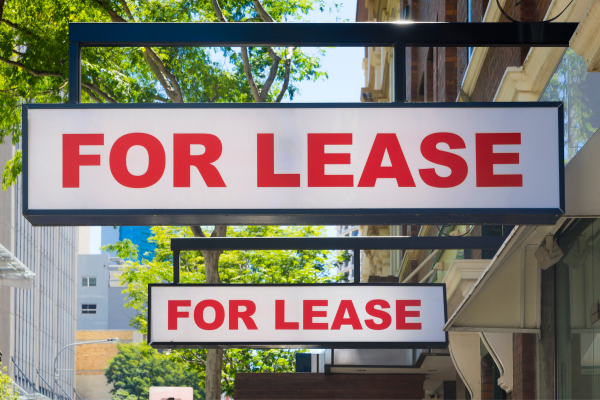Four Key Differences Between Commercial and Residential Leases
Starting a business often entails leasing space that will serve as a manufacturing facility, warehouse, or administrative office. With property leases, there are two main types you need to be familiar with: commercial and residential. Here are some noteworthy variances between the two.
Intended Use
As the name implies, a residential lease is a contract between two parties where the lessor agrees to provide property rights to the lessee with the intention that the property be used for daily living. A commercial lease provides property rights with the operation, along with conditions or limitations regarding your conduct.
Legal Safeguards
In general, commercial lease contracts have fewer safeguards for the lessee, so you need to negotiate carefully before making any final decisions. Residential contracts, on the other hand, hold a number of legal safeguards including guaranteed safe living conditions for the lessee. If the residential property sustains any structural damage, e.g., plumbing leaks or furnace issues, a landlord or property manager appointed by the lessor is required to repair and restore it. However, in both types of leasing contracts, a tenant may be expected to sort out their own internet plans possibly from providers such as starlink internet plans or their local internet providers. This is also applied to bills such as gas and electricity.
Terms and Conditions
Commercial leases have more intricacies than residential leases, and the contracts written are more binding. Since landlords typically invest a bigger chunk of capital to set up and maintain the property, they require a more stringent lease commitment. Have a professional commercial real estate attorney like Warren S. Dank, Esq., P.C., look at the lease terms presented to you by the lessor to make sure you do not become bound to unfair terms and conditions.
Rent Control Policy
Depending on where you rent the residential property, you may be protected by a rent-control clause in your contract. When it comes to a commercial lease contract, there is no rent control that restricts your landlord from increasing the monthly rent. The only restrictions they are bound to are the ones written and pre-agreed upon in the lease agreement.
When you’re signing a commercial lease, it’s best to work with a commercial real estate attorney to make sure your needs and interests are protected.

